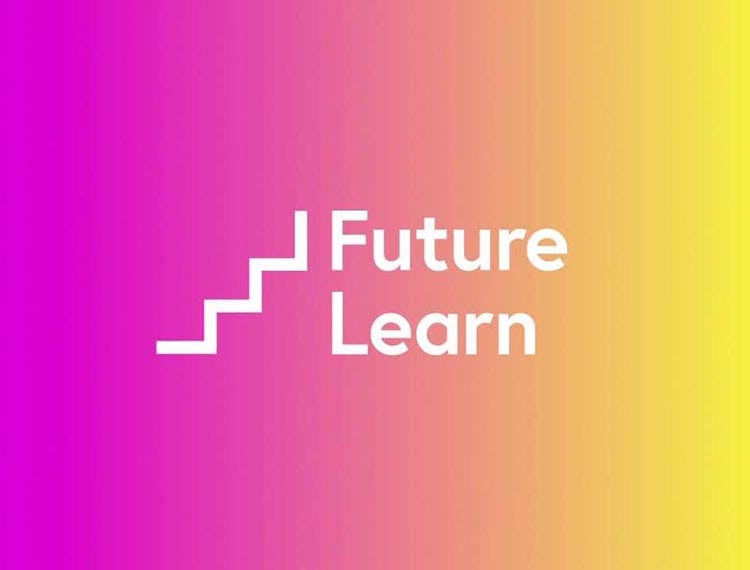New report from Samsung shows education, compassion and tech key to solving biggest issues for young people

@FutureLearn @SamsungUK 90% OF YOUNG PEOPLE SAY COMPASSION AND TECHNOLOGY ARE KEY TO BUILDING A BETTER FUTURE FOR EVERYONE
- According to new research from Samsung, 90% of 18-25-year olds believe that technology is key to achieving a more inclusive, fair and sustainable society with ‘tackling climate change’ and ‘job and economic security’ highlighted as the biggest concerns
- 90% also say they often demonstrate compassion for others, yet two-thirds feel that finding opportunities to make a positive impact on the world is a challenge right now let alone access the same education/training opportunities as before the pandemic (56%)
- This comes as Samsung launches Not a School for a second year to empower a new generation of innovators to channel their compassion and use tech for good to pioneer positive social change
London, UK – 7 September 2020: In a year that has seen young people across the UK taking action to address some of the most pressing issues that we currently face, new research shows that nine in ten 18-25-year olds feel that using technology to channel compassion is key to creating a better world for everyone.
Seeing technology as both a vital tool for raising awareness and giving a voice to those affected, six in ten also believe that tech can be used to create innovative solutions that will help with the economy (60%) and sustainability (59%) – the two issues that those asked highlighted as most challenging for them personally and as a generation.
When it comes to other challenges facing their generation, mental health and wellbeing (86%), racial inequality (83%) topped the list with disability rights, gender inequality and LGBTQA+ rights at 68%, 67% and 66% respectively.
Unsurprisingly, 93% of those asked said that education is crucial for addressing inequalities. However, the disruption caused by the pandemic has meant 57% reported even accessing the same education and training opportunities as before is a major barrier, meaning over half feel that they don’t have the opportunity to make a positive impact themselves (68%).
These findings were today released by Samsung as part of its Compassion Nation Report, which coincides with the launch of Not a School, an alternative educational experience co-created with and for 18-25-year olds. Now in its second year, Not a School offers young people the chance to explore how technology can help solve the most significant issues facing young people today and learn skills to bring their creative solutions to life. This year, the course has moved online in partnership with FutureLearn, Europe’s leading online learning platform, to open up money-can’t-buy access to unconventional mentors, activists, entrepreneurs and business leaders to 18-25-year olds across the country for the first time.
Not a School is fronted by British Rapper, Singer and Songwriter Lady Leshurr, Editor-in-Chief of gal-dem, Liv Little and Filmmaker and Climate Activist, Jack Harries. Course contributors include experts in their field including; Andy Middleton – Founder of TYF group, Chloe Pierre – Founder of Thy.Self, Adah Parris – Futurist and Cultural Strategist, Matteo Bergamini- CEO of Shout Out UK and Samia Dumbuya – climate justice activist, to name a few. All course themes have been curated with a Youth Advisory Board comprising of inspiring young leaders including members from the Not a School 2019 alumni.
The course will cover four key themes:
· Respecting Our Differences Online: How can difference of opinion bring us closer together online?
· Turning Climate Anxiety into Positive Action: How can technology unlock activism in everyone?
· Solving Inequality in Education: How can technology allow us all to be ‘educators’?
Commenting on the launch, Jessie Soohyun Park, Head of Corporate Social Responsibility at Samsung Electronics UK said: “2020 has been a year like no other. Despite the future looking more uncertain than ever before, the compassion and drive in young people to make the world a better place is just incredible. Our research shows they find immense hope in continuing to learn and sharing knowledge to achieve this and that tech is also key to this picture. Not a School gives them the chance to connect with inspiring peers and mentors from a very diverse range of backgrounds and fields of expertise and we hope this will equip them with the support, skill and know-how to get started on their tech for good journey.
We also understand that access to opportunities like this can be a barrier, particularly in the current environment. Because of this, Not a School will be going online for the first time this year, so everyone – regardless of their ability or background – can have the opportunity to learn and achieve their full potential.”
Justin Cooke, Chief Content and Partnerships Officer at FutureLearn said: “It is hugely inspiring to see that today’s younger generation remain full of hope, despite the huge challenges and increasing uncertainty the global pandemic is throwing at them in their daily lives. We’re extremely proud to be partnering with Samsung to provide the critical online learning capability for Not a School. Our purpose at FutureLearn is to transform access to education for everyone, so that no one gets left behind, and we are incredibly excited about how technology can redefine the ability to educate and upskill people during these uncertain times. By renewing the focus online, young people will have an unprecedented opportunity to enable new and transformational discussions between each other and make their world a better place in the future.”
Not a School forms part of Samsung’s global commitment to educate and empower future innovators to develop their creativity, collaboration and problem-solving skills, empowering them to become the next generation of leaders to pioneer positive social change.












Responses